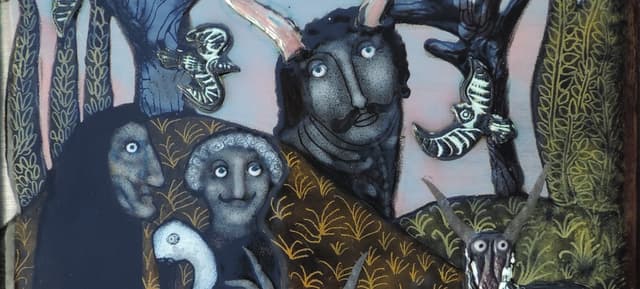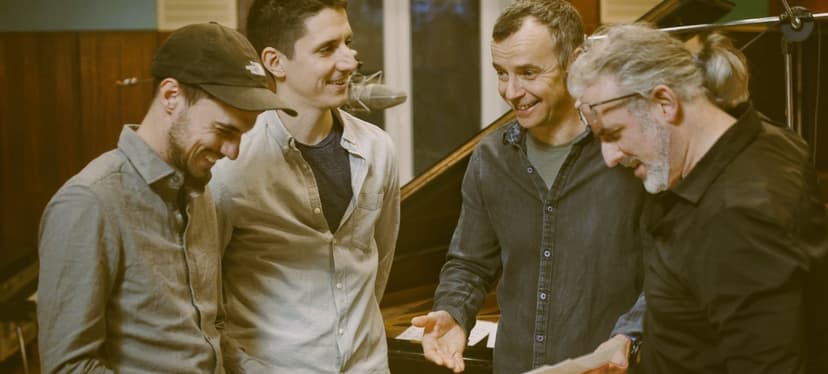
Essentia Artis 2026
28th February - 9th May
Exhibition
The mission of the Pesti Vigadó is to uphold and preserve cultural diversity and artistic excellence for its audiences.
Pesti Vigadó, which opened its gates to the general public in 1865, has been functioning as a centre of social life in all ages.
It provided a venue not only to concerts by Strauss, Liszt, Erkel, Wagner, Bartók and Dohnányi, but also to the first Hungarian exhibition organised by the association Art Society of Pest, to the first representative parliamentary session, to the presentation of Louis Bleriot's aeroplane XI to the general public, and to the most popular balls in any age.
Featured Events
Upcoming Events

ENAMEL 45/50
International Enamel Art Collection of Kecskemét

Historic walk tour at the birthplace of Budapest
Discover the 190-year-old history and architecture of the Pesti Vigadó!

If Bach Had Known…
A tuba recital of contemporary works

Hungarian National Choir 40 – Anniversary Concert
Pászti Concert Pass III.

Vörös László Red Stones: Carousel
Album release concert

Get acquainted with the Pesti Vigadó!
Located on the Danube Embankment in the heart of the capital city of Hungary, the Pesti Vigadó functions as a centre of Gesamtkunstwerk, and is open seven days a week to welcome visitors and audiences of various events.











